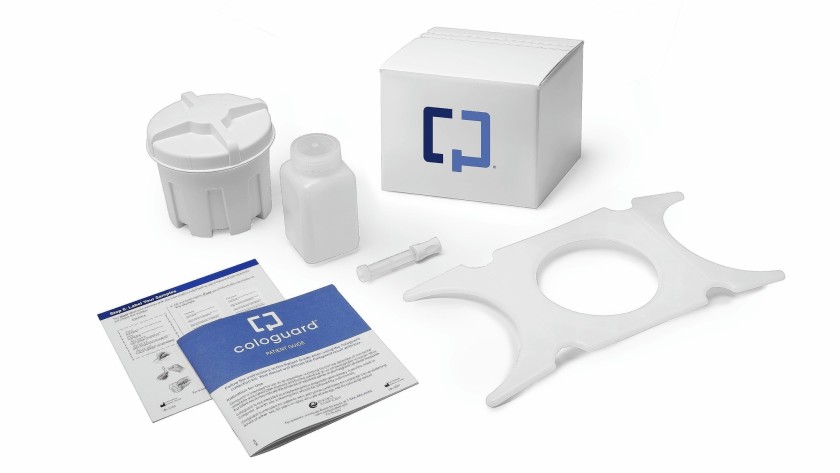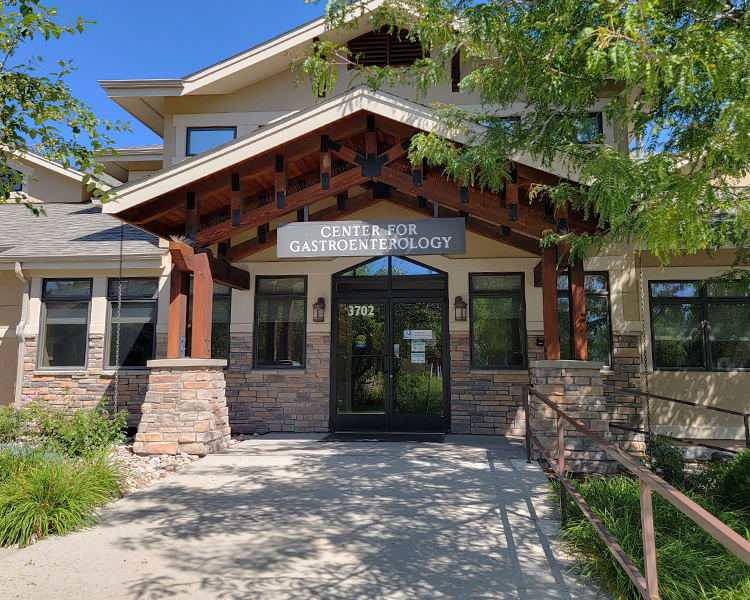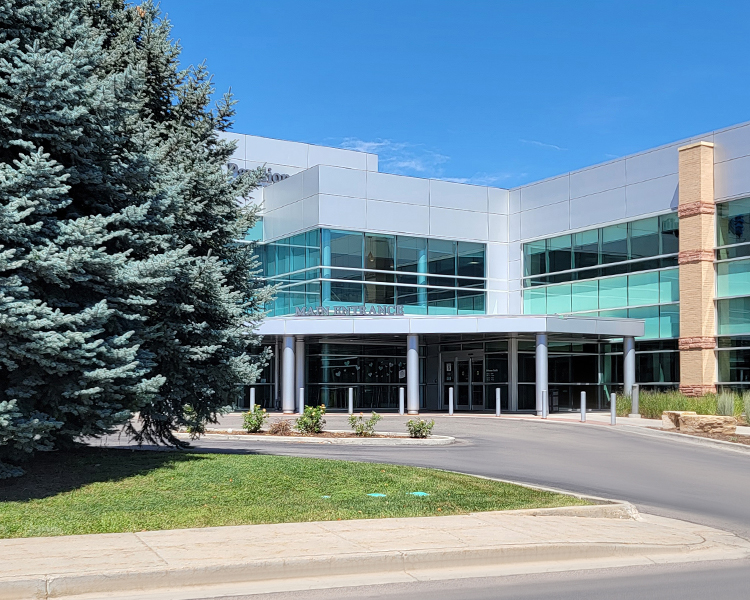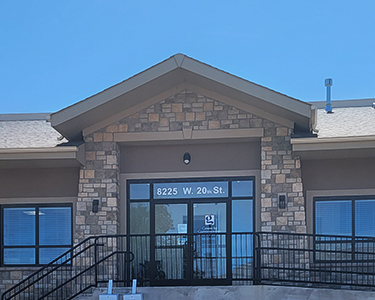Quick Links
Fecal incontinence, otherwise known as bowel incontinence, is a condition that leads to loss of control of bowel movements for patients. Bowel incontinence is a condition that some patients find difficult to discuss and seek treatment for. It can cause feelings of shame and confusion. It can also make aspects of everyday life more difficult, including interacting with other people or going out in public. However, our team at Centers for Gastroenterology wants to assure you that this condition is nothing to be ashamed of. Our expert team is ready to work with you to discuss the symptoms you’ve been experiencing, your goals for the future, and plans for treatment.
What is Bowel Incontinence?
Despite the feelings of embarrassment that sometimes accompany this condition, it is an issue that our team at Centers for Gastroenterology regularly encounters and treats and it is nothing to be ashamed of. The Bowel Incontinence Clinic at Centers for Gastroenterology is here to help alleviate the symptoms of chronic bowel incontinence in patients who have not had success with more conservative bowel incontinence treatments in the Northern Colorado area.
Bowel incontinence is relatively common. This condition causes stool to leak out during unwanted or inconvenient times. Patients can be aware or unaware of the leakage when it occurs. Bowel incontinence can lead to a variety of issues for people who are affected by this condition, including lowered self-esteem and increased feelings of depression or anxiety surrounding social situations.
What Are the Causes of Bowel Incontinence?
Bowel incontinence is a lack of control over bowel movements that can arise from a number of possible causes, including age, diarrhea, damage to the nerves or muscles, constipation, and other factors like giving birth to a child. This condition may also be associated with people experiencing other conditions, such as diabetes, stroke, and injury to the spinal cord.
For optimal control over bowel movements and the passing of stool in a routine manner, several factors must come into play. Rectal and anal muscles must be functioning. In addition, a warning sign of the need to pass stool–a sensation that occurs in the rectum–must be present in order for patients to know when they need to use the restroom. Finally, the muscles in the anal region need to be able to constrict to prevent unexpected loss of stool. If any of these functions is compromised, bowel incontinence can result.

What Are the Causes of Bowel Incontinence?
Bowel incontinence is a lack of control over bowel movements that can arise from a number of possible causes, including age, diarrhea, damage to the nerves or muscles, constipation, and other factors like giving birth to a child. This condition may also be associated with people experiencing other conditions, such as diabetes, stroke, and injury to the spinal cord.
For optimal control over bowel movements and the passing of stool in a routine manner, several factors must come into play. Rectal and anal muscles must be functioning. In addition, a warning sign of the need to pass stool–a sensation that occurs in the rectum–must be present in order for patients to know when they need to use the restroom. Finally, the muscles in the anal region need to be able to constrict to prevent unexpected loss of stool. If any of these functions is compromised, bowel incontinence can result.

What Are the Symptoms of Bowel Incontinence?
As with any condition, bowel incontinence symptoms can range in severity and type. For some patients, the primary symptom may be an inability to control passing gas, while others may experience frequent uncontrolled leakage of stool. How often these uncontrolled responses occur varies between patients, with some experiencing this issue several times a day.
One of the primary symptoms associated with bowel incontinence is a decreased sense of self-esteem, as well as lowered confidence. In addition to embarrassment and frustration, bowel incontinence can also lead to physical symptoms like pain and the development of ulcers in the affected area. Other symptoms may accompany this condition, including bloating, increased passage of gas, and changes in the quality of stool.
How is Bowel Incontinence Treated?
Many Americans struggle with this condition, and some avoid seeking treatment due to feelings of shame or embarrassment. However, there is a wealth of treatment options available to address underlying issues leading to fecal incontinence. With the help of a member of our expert team, patients can be assured that they will be part of a collaborative experience to determine a treatment plan and improve their quality of life.
Before treatment can begin, the cause of bowel incontinence must be determined. There are several tests that may be performed, including:
- A physical examination
- Nerve tests to measure nerve response and check for possible damage
- Stool testing to detect the presence of infection or other conditions
- Endoscopy to examine the colon and look for abnormalities
- Colonoscopy
The type of testing that will be performed will be decided by a member of our expert team after a consultation with you to discuss your specific symptoms. Once the cause is determined, several treatment options are available. These can be non-surgical or surgical in nature. Non-surgical options may include diet changes, physical exercises, and medications (typically oral). Many patients may be assigned several treatment methods at the same time to ensure continued relief.
Colonoscopy vs. Cologuard
The third most common cancer in the United States is colorectal cancer. The American Cancer Society estimates 145,000 new cases this year. Along with…
Continue ReadingSurgical options are available for patients whose issues persist, or for patients who have underlying conditions that cannot be treated with non-surgical remedies. The type of surgery is dependent on the underlying conditions, but sphincter surgery and colostomy are two possible options for patients experiencing continued and consistent issues with uncontrolled bowel movements.
Contact Us Today to Talk About Bowel Incontinence
If you’re concerned about bowel incontinence symptoms you or a loved one may be experiencing, Centers for Gastroenterology would love to help ease your mind and work with you to develop a plan of treatment. Contact us today to schedule an appointment for a consultation with one of our experienced physicians. We’ll go over the best bowel incontinence treatments at our clinics in Northern Colorado to help you improve your health and quality of life. For your convenience, you may view and download our patient forms prior to your appointment.
Reviews










